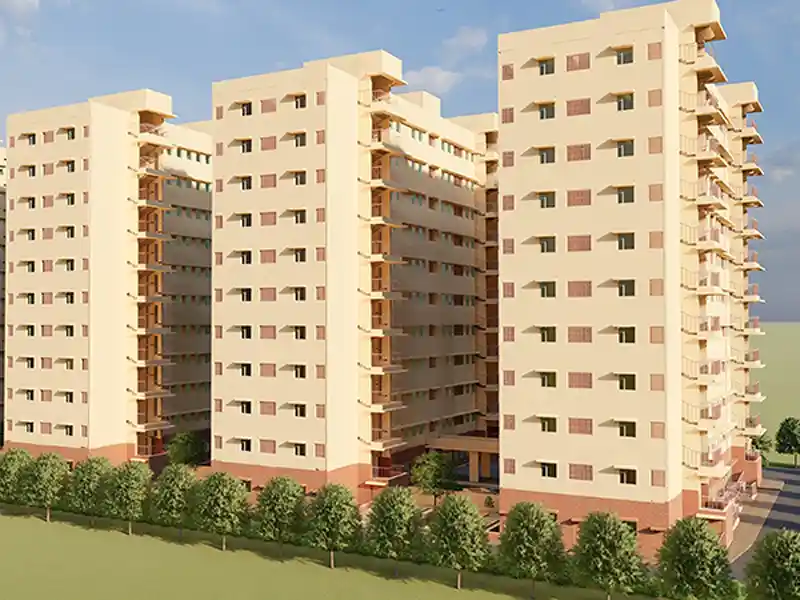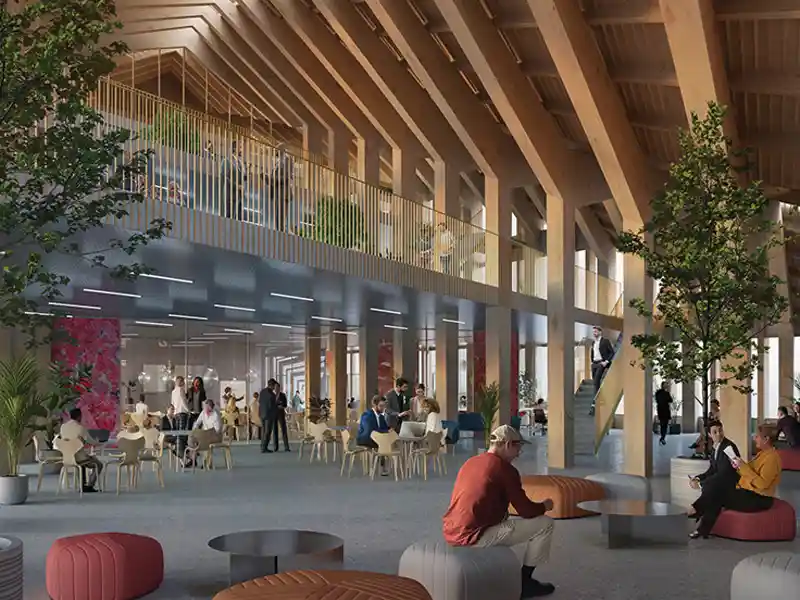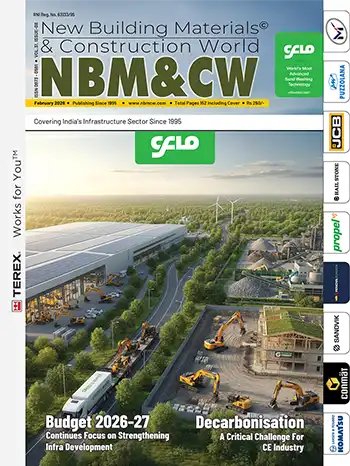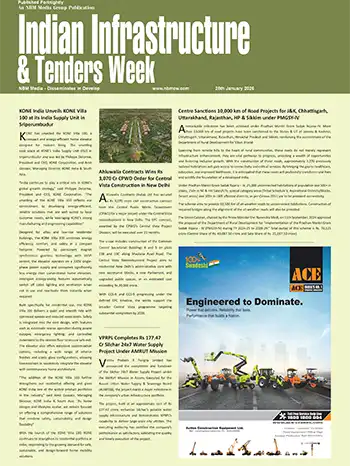Following practices that bring sustainability in real estate is no longer a trend; it is an urgent necessity.
Ajith Alex George - Director, 42 Estates
As environmental concerns grow, the construction industry is evolving to adopt responsible practices that minimize waste and reduce ecological impact. Construction waste is one of the biggest environmental challenges in the real estate sector.
At 42 Estates, our forward-thinking strategy ensures optimal resource utilization. Right from the planning stage, precise material estimation is carried out to avoid overuse and minimize excess. Every stage of the process is carefully managed to ensure that waste is reduced before it is even created. On-site waste segregation and recycling, ensures that reusable materials are repurposed instead of discarded, giving materials a second life.
The use of prefabricated components, where specific building elements are manufactured off-site and assembled on location, reduces raw material wastage, optimizes energy consumption, and enhances efficiency. Moreover, structured training programs for workers reinforce sustainable practices, ensuring that eco-conscious construction is implemented at every stage.
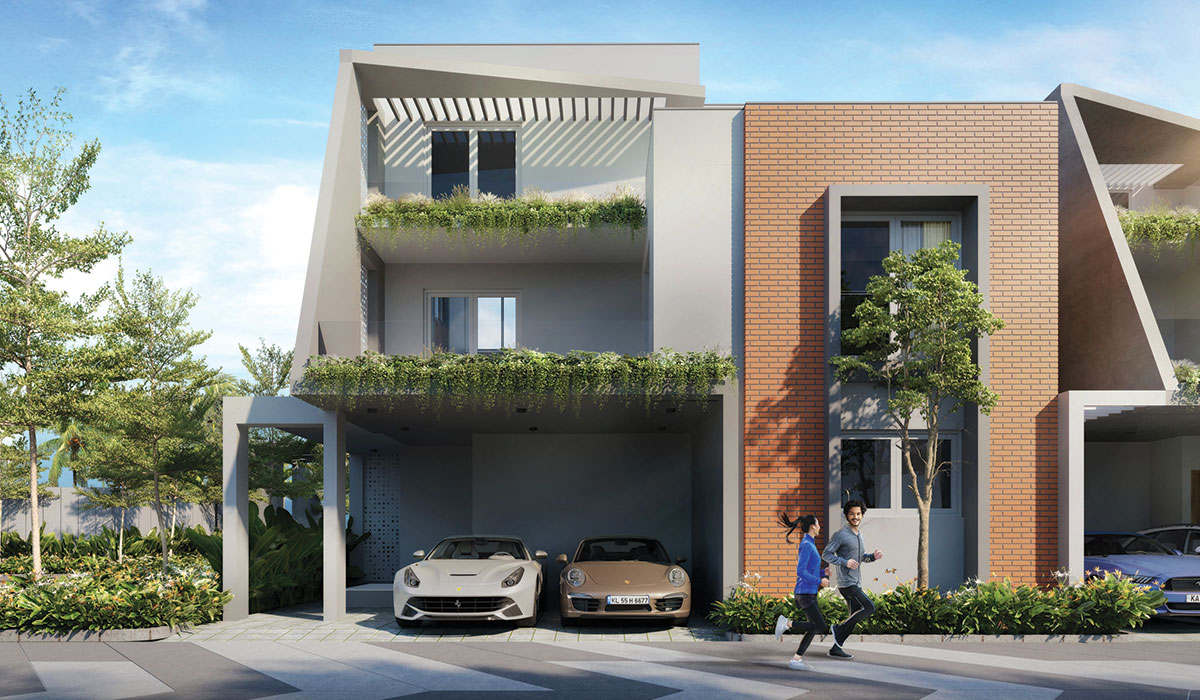
Our project The Greens is a blueprint for future-ready, environmentally responsible real estate, proving that sustainability, energy efficiency, and luxury can seamlessly coexist. It is envisioned as a commune of sustainability and belonging, integrating eco-friendly materials like aluminum, RCC blocks, and energy-efficient designs.
Natural light and ventilation reduce dependence on artificial energy sources, and strategically placed skylights enhance aesthetics while saving energy and minimizing electricity usage. Materials like RCC blocks, and aluminium windows have been incorporated for their durability, recyclability, and superior heat and sound insulation. Water-efficient landscaping, green spaces, and passive cooling techniques lower energy consumption while improving air quality.
Rainwater harvesting systems percolate water back into the soil, ensuring efficient groundwater recharge. A heated sewage treatment plant recycles wastewater, which is then used for landscaping and irrigation.


